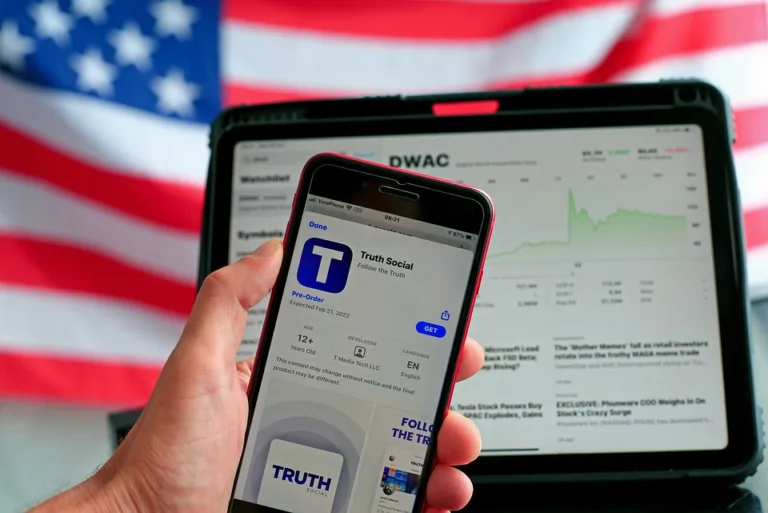
Interreligious Relations in Global Affairs: The Power of Constructive Engagement
Good evening. It’s an honor to be with you tonight. My mother, who’s here tonight, has been living in Philadelphia for forty years, and I know you real Philadelphians will say “Welcome to the neighborhood,” but here we all are.
I’m grateful to FPRI for hosting the Templeton Lecture each year, as our understanding of religion in foreign policy is still in formation. It is personally moving to be speaking at the institute once directed by Dr. Harvey Sicherman, a family friend and fellow member of the Lower Merion Synagogue community…
…
…it is equally available to despots, dictators, and tyrants to abuse as well. When is the use of interreligious engagement in world affairs extending an olive branch, a genuine act to advance peace and when is it a mere fig leaf, a political abuse of symbolism to cover up evil, advance corruption, and justify violence? I ask myself this question often, and I’m grateful to have the privilege to think out loud with you about it. I’m also looking forward to our discussion and questions because these ideas are very much in formation for all of us.
This talk argues for three propositions. If you only walk out believing one of them, I’ll consider it a success, but I’d like to convince you of all three…
So let’s begin with the first premise. Interreligious relations have (re)entered the world of global diplomacy. Before we get there, we must say a word about the way that religion in general has re-emerged in world affairs…
…Finally, if crossing lines of faith can be used for constructive ends by well-intentioned actors, then it is equally available to despots, dictators, and tyrants to abuse as well. When is the use of interreligious engagement in world affairs extending an olive branch, a genuine act to advance peace and when is it a mere fig leaf, a political abuse of symbolism to cover up evil, advance corruption, and justify violence? I ask myself this question often, and I’m grateful to have the privilege to think out loud with you about it. I’m also looking forward to our discussion and questions because these ideas are very much in formation for all of us.
So let’s go to proposition number three, “Ensuring the constructive use of interreligious ties in world affairs and countering its abuse requires ‘principled pragmatism,’ ‘trust’ and ‘theological humility.’” I’m not going to dive deeply into each these elements, because each requires much deeper cultivation and explanation. What values we must implement to ensure constructive use and counter abuse of interfaith ties must be the next conversation in this field, and one that I hope we can have together on the road ahead…
I hope that you will think more about this topic; that you won’t dismiss interfaith relations as irrelevant or naive or simply as a tool for power; that you’ll think about recognizing good uses and bad uses; and that as we talk and think together and continue this conversation, you’ll help us cultivate this idea of principled pragmatism, which is really how change will be made in world affairs. Thank you.